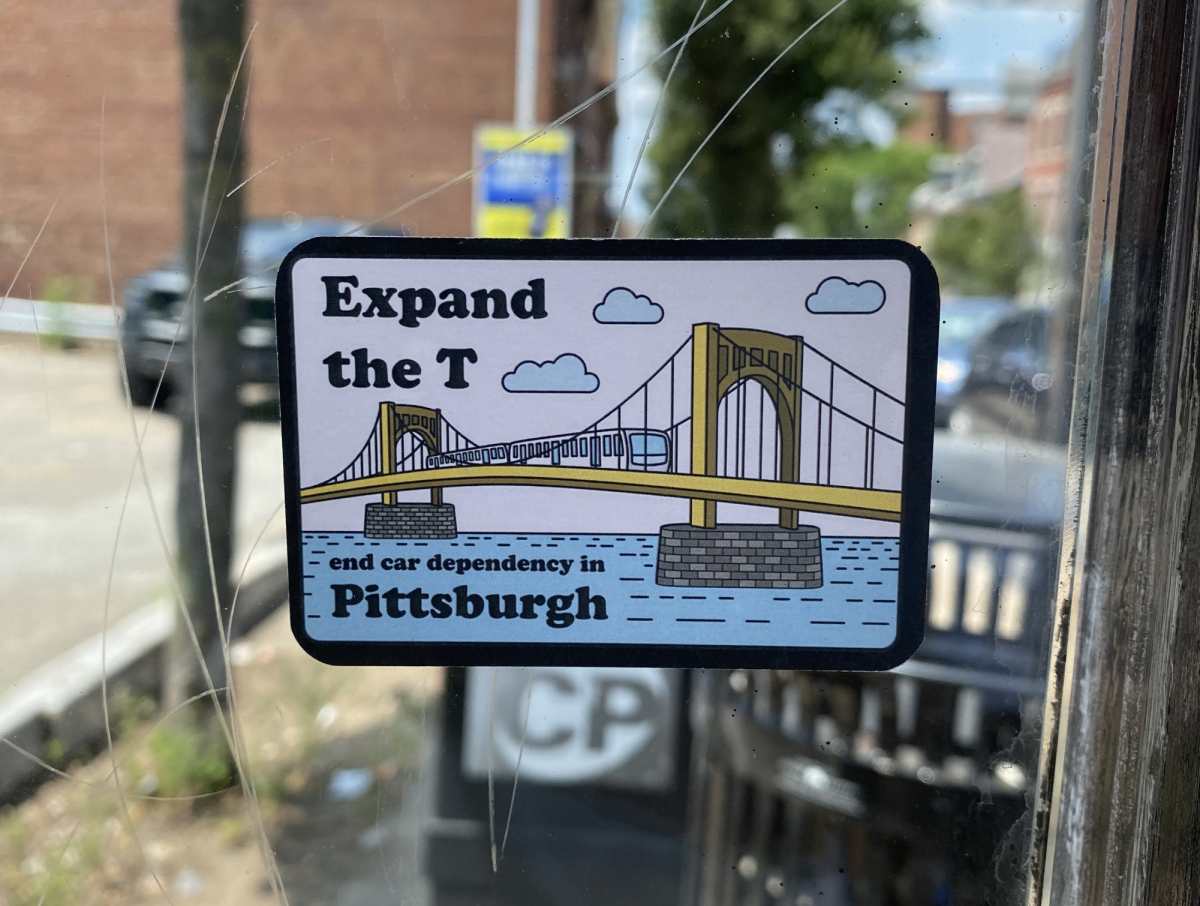
Last year, shoppers spent $50.9 billion at retailers during the Black Friday weekend, according to the National Retail Federation. While spending has actually been trending downward the past couple of years, it can be expected that millions of Americans will spend at least $40 billion again at stores across the nation.
The stories of violence erupting from Black Friday shoppers have become all too familiar headlines. Television shows such as “South Park” and “The Daily Show” have crafted episodes around the retail event, lambasting shoppers and retailers alike, but the real figures of Black Friday abuse are no laughing matter.
Since 2006, Black Friday violence has been responsible for six deaths and 96 injuries, according to the news-tracking website www.blackfridaydeathcount.com. Public outrage has forced retailers to reevaluate the way they conduct business during the busiest shopping day of the year, such as opening on Thanksgiving Day to alleviate crowd swells and tiering the release of product deals, but it is guaranteed that numbers of consumers will be injured due to crowds and fights again this year.
Lost in the public outrage over Black Friday holiday shopping are the legitimate and valid concerns that retail store employees have over the terms of their usage and employment.
Nearly $1 million Wal-Mart employees were required to work through Thanksgiving last year as Wal- Mart opened its sales at 6 p.m. A similar figure can be expected this year, and while Wal-Mart does elect to add holiday bonuses onto their employee’s wages, many retailers do not. According to the United States Bureau of Labor Statistics, 45 percent of service sector workers do not get paid for holidays. In fact, the United States is the only developed country that doesn’t require guaranteed holiday pay.
Beyond holidays, retail employees receive some of the lowest wages for their work. The Bureau of Labor Statistics found that in total, 26 percent of low-wage retail employees live in total or near-poverty. The same study found that the average retail sales worker only pulls in $21,410 a year. Massachusetts Institute of Technology’s living wage research found that retail sales workers’ wages float just around the number for the living wage threshold of a single adult with no children. That number does not include buffers for emergency funds, savings or leisure.
A case for raising the minimum wage can be made here, though some companies are already taking that step. Last year, Wal-Mart raised its wage floor to $10 per hour across the board, above the federally mandated minimum wage. Still, the pay increase is not enough to pull many of their employees out of the poverty bracket. In 2013, the House Committee on Education and the Workforce found that the employees of any Wal-Mart Supercenter rely on a total of $900,000 in federal assistance per year, at minimum.
The human cost of retail, especially during holiday and Black Friday shopping, has gotten to a ridiculous level also. Requiring workers to come in during the Thanksgiving holiday in order to alleviate Black Friday shopper swells is merely a band-aid to cover up the larger issue of rancid consumerism practices. Outdoor retailer REI has announced they will be closing their doors for Thanksgiving and the Black Friday weekend this year, and more retailers should follow.
Retailers can post the same deals they have in their stores online to thin the crowds. According to Bloomberg, shoppers spent $22.7 billion shopping online last year, up 15 percent from 2013. Anyone who is concerned about shoppers exploiting online sales to buy up many products simultaneously clearly hasn’t witnessed the self-indulgence of large statured men picking apart a pallet of $5 waffle irons.
Of course, the largest dent in Black Friday retailer practices can be made by the consumer. Here’s a novel idea: simply, just don’t participate in Black Friday shopping this year. A promising sign is that, in fact, consumer numbers have dropped over the last two years for Black Friday as more and more Americans prefer shopping online or simply sitting the day out, choosing to spend the Thanksgiving holiday weekend with their families rather than with crowds of ravenous deal seekers.
If the trend continues, we may soon see the end of Black Friday worker mistreatment altogether.








